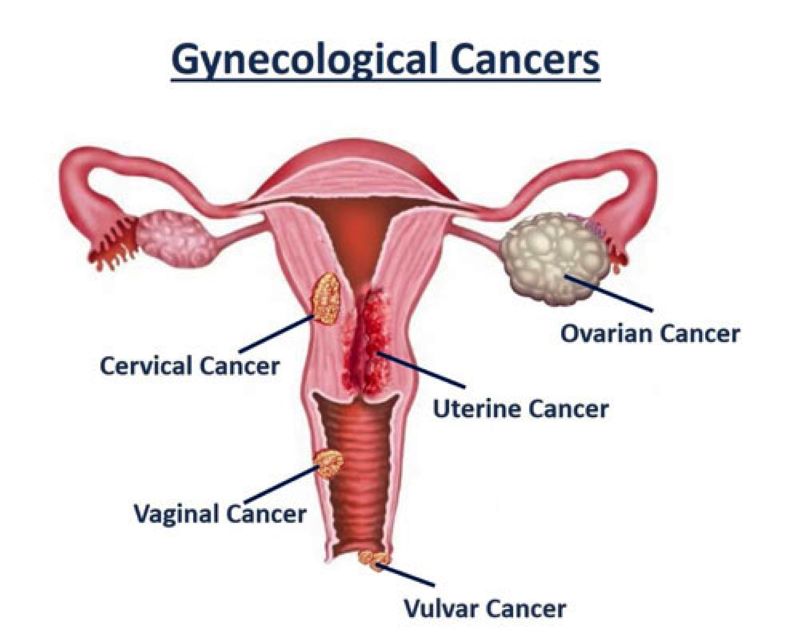
Unlike breast cancer, where public-based screening is available, cervical cancer is the only gynaecological cancer offering the opportunity for early detection through routine screenings. This vital opportunity allows for early intervention when the cancer is still in its precancerous or initial stages.In contrast, no effective screening methods exist for the early detection of other female genital tract cancers. However, in the case of uterine cancer, abnormal vaginal bleeding emerges as a common early-stage symptom, providing a window for early diagnosis and the potential for a complete cure.Regrettably, ovarian cancer lacks a reliable screening method or early warning symptoms. A significant portion of ovarian cancer cases (approximately two-thirds) are diagnosed in advanced stages, making complete cure often unattainable. Nevertheless, for patients experiencing non-specific symptoms such as bloating, abdominal pain and tenderness, which are common indicators of ovarian cancer, consulting a physician may enhance the possibility of earlier diagnosis and treatment.Vulvar cancer ranks as the second least common cancer among female genital tract cancers, following vaginal cancer. Early diagnosis is of paramount importance, as survival rates significantly decrease when the disease spreads to the groin area.Vulvar cancer has two primary causes. The most common is HPV, similar to cervical cancer, with a precancerous stage. The other cause is underlying vulvar dystrophies, which are more prevalent among elderly patients.Common symptoms of vulvar cancer include persistent itching, burning, or bleeding that does not respond to medical treatment. Additionally, skin colour changes, hypo or hyperpigmentation, ulcers, lumps, or wart-like lesions, while not specific, require further evaluation, especially if they persist. The inner and outer labia, as well as the perineum, are commonly affected sites. Due to the disease’s location, early detection is feasible, but ignoring these symptoms and avoiding consultation with a physician may have dire consequences.In summary, regular cervical cancer screenings and consulting a physician in cases of abnormal vaginal bleeding for uterine cancer (irregular periods in premenopausal patients or any bleeding in postmenopausal patients), or when experiencing the symptoms mentioned above for vulvar cancer, offer the potential for early detection and improved chances of cure. On the other hand, ovarian cancer often progresses insidiously and produces late symptoms. Nevertheless, consulting a physician upon experiencing the symptoms described above may increase the likelihood of timely treatment.Patients with a strong family history of cancer should consider consulting an oncology specialist for genetic testing, which can offer protection from cancer or early detection.Book an appointment with Royal Bahrain Hospital obstetrics and gynaecology consultant Dr Alpay Yilmaz 17246800 or WhatsApp 32181810.
Send us your company’s news today and they could be featured on ABC’s Community News tommorow.